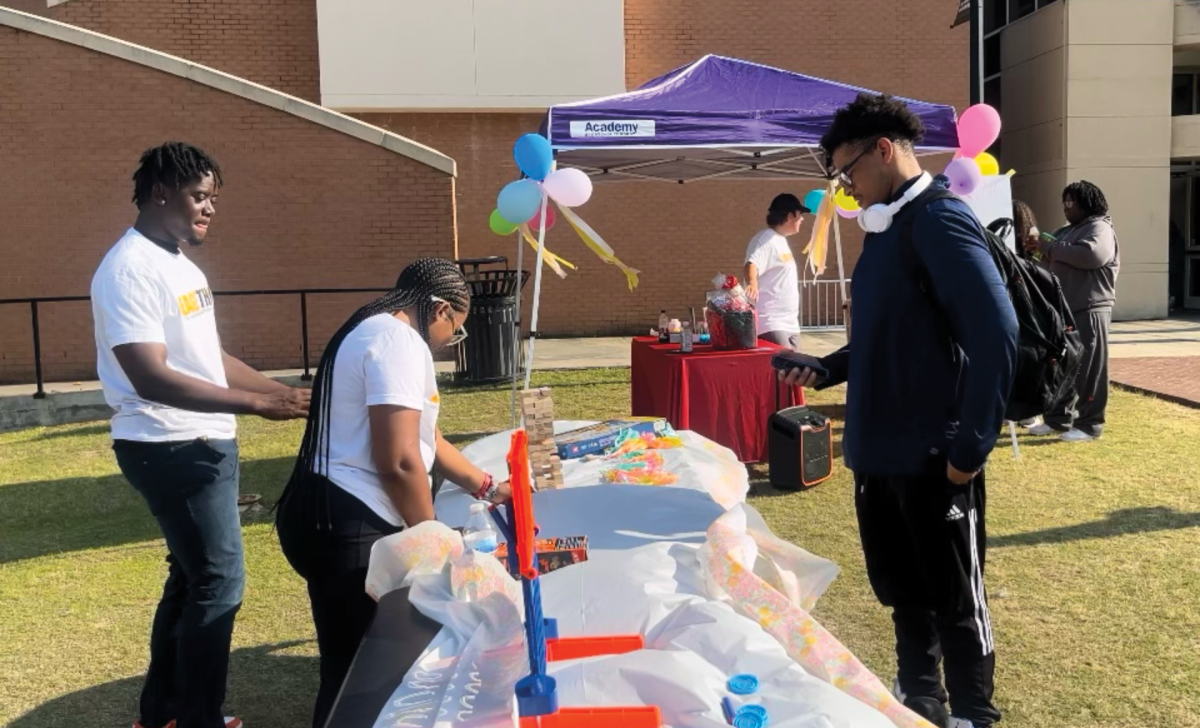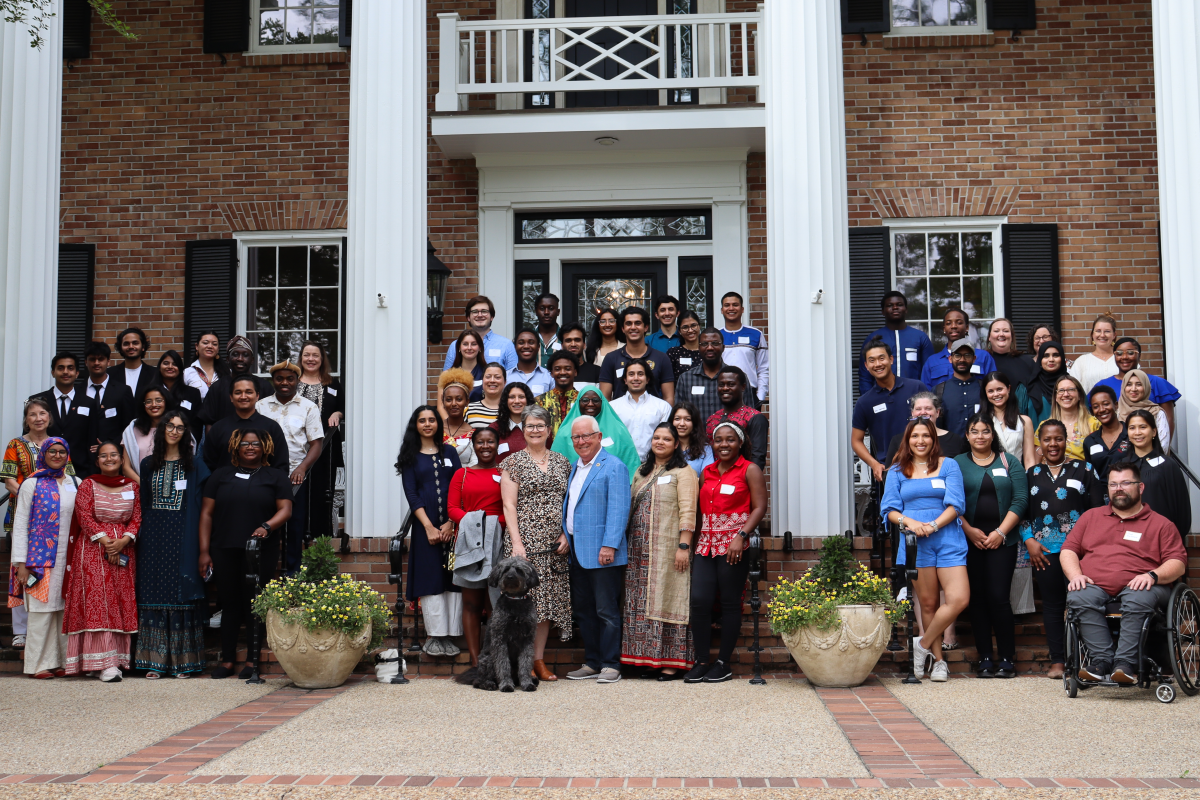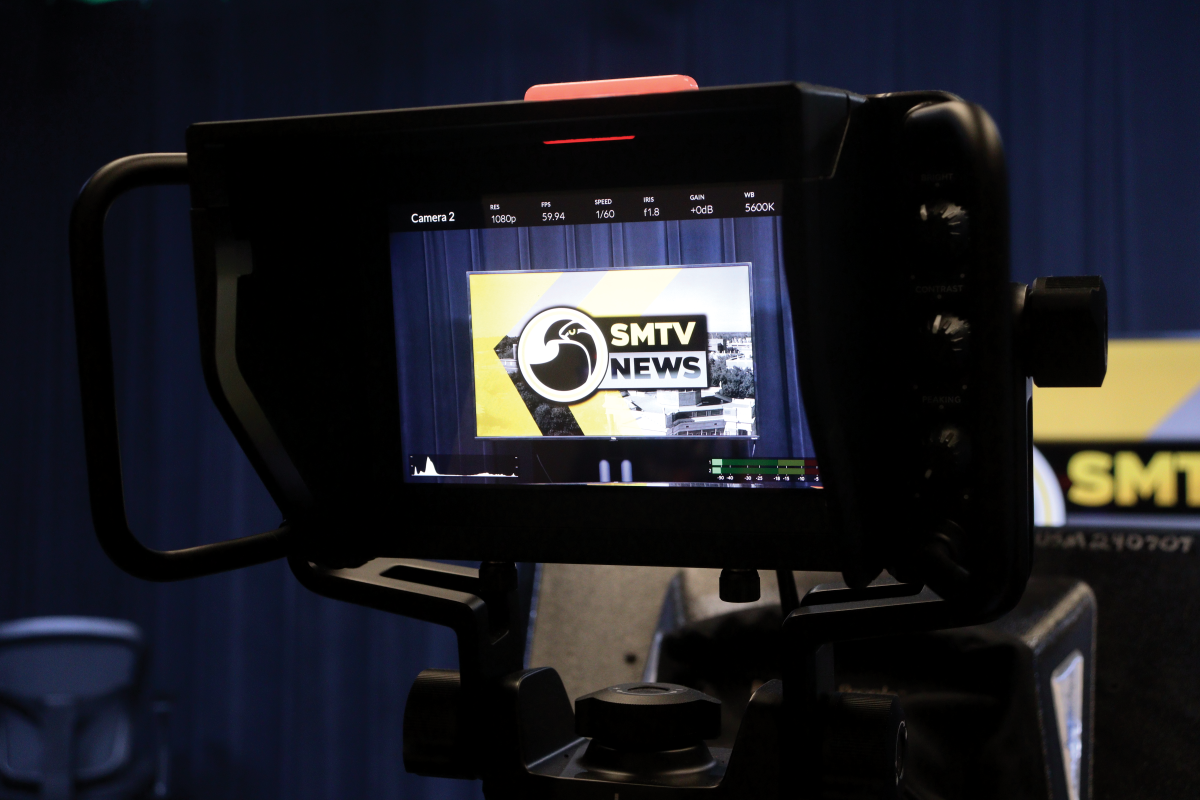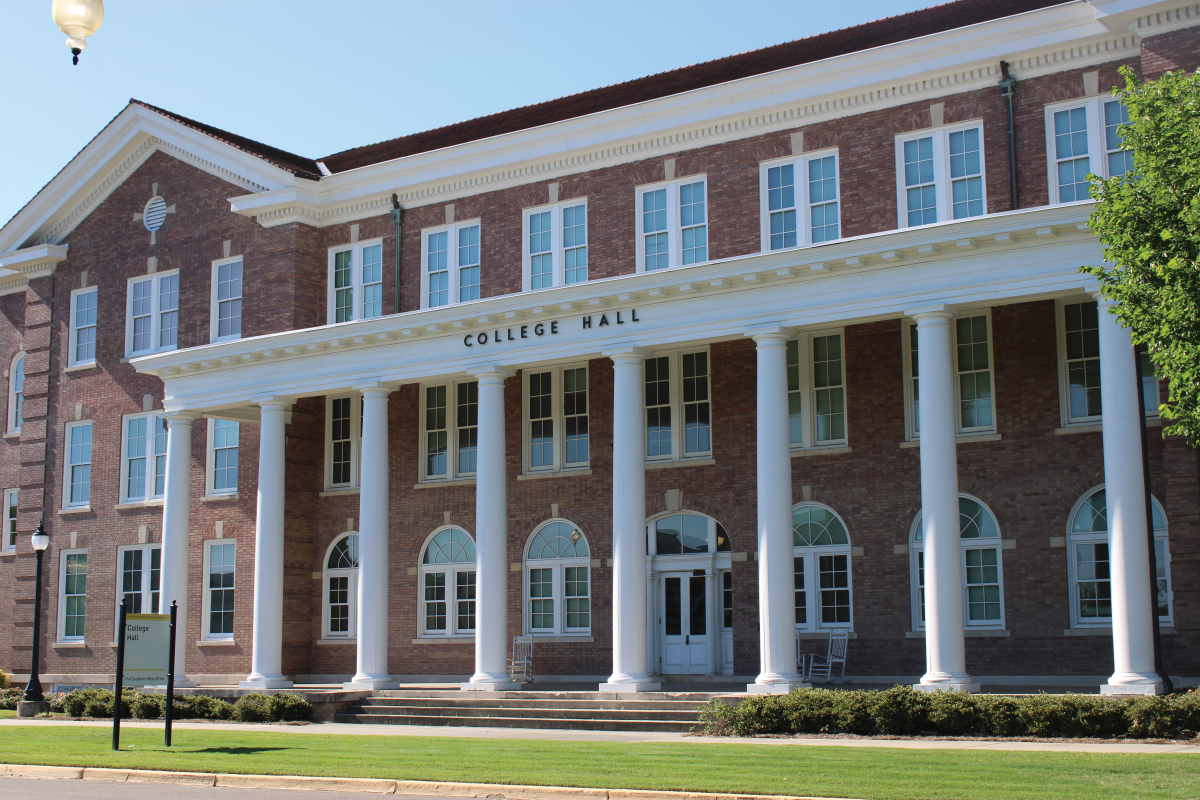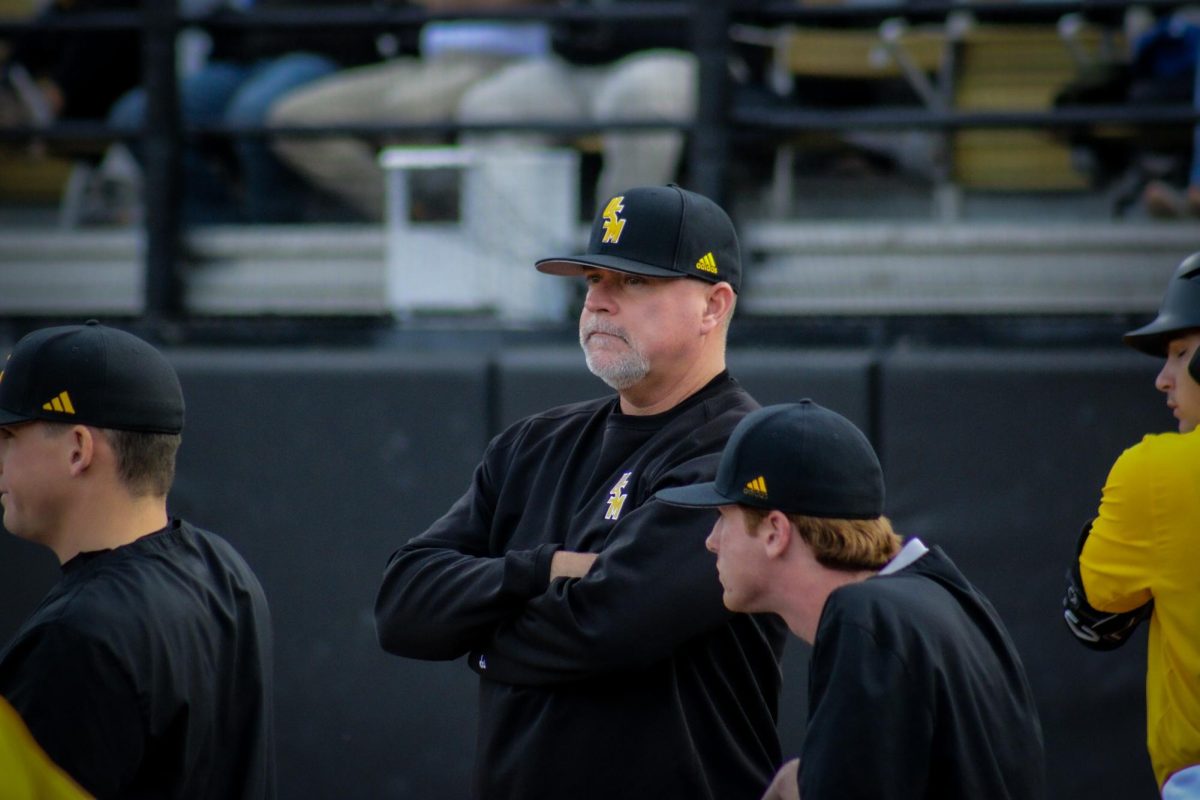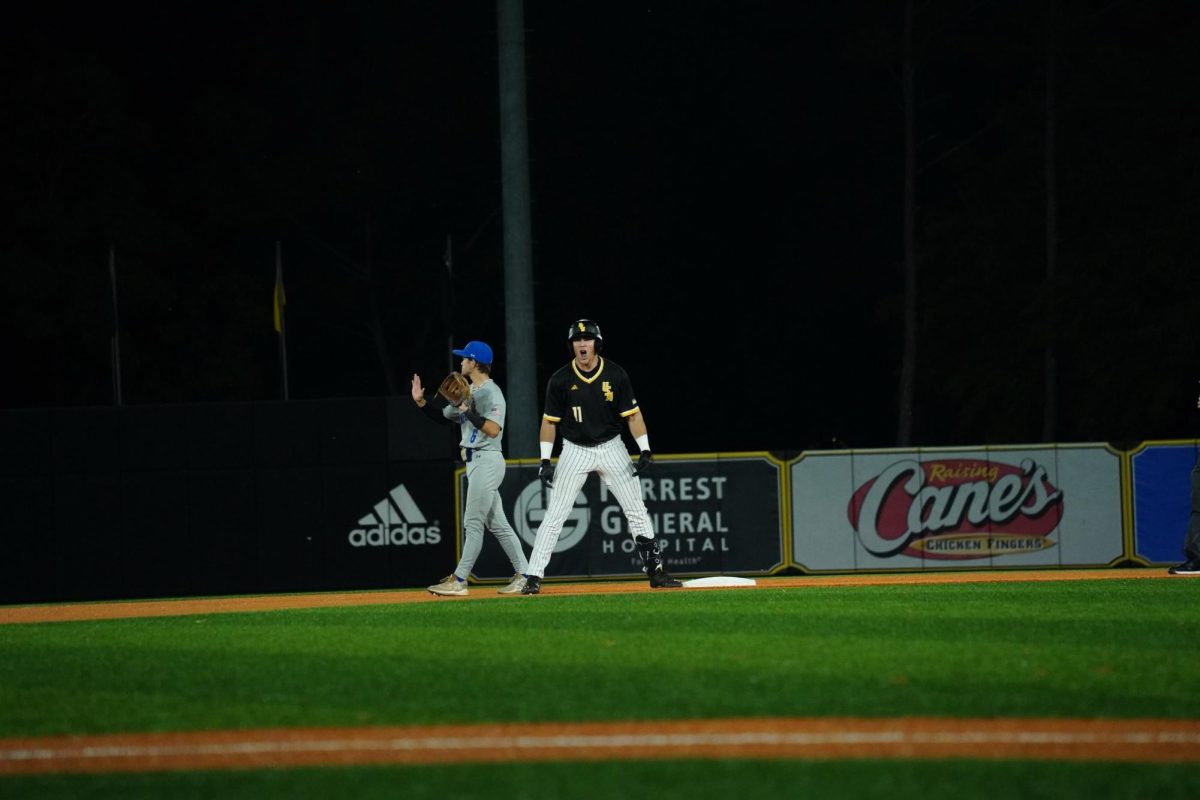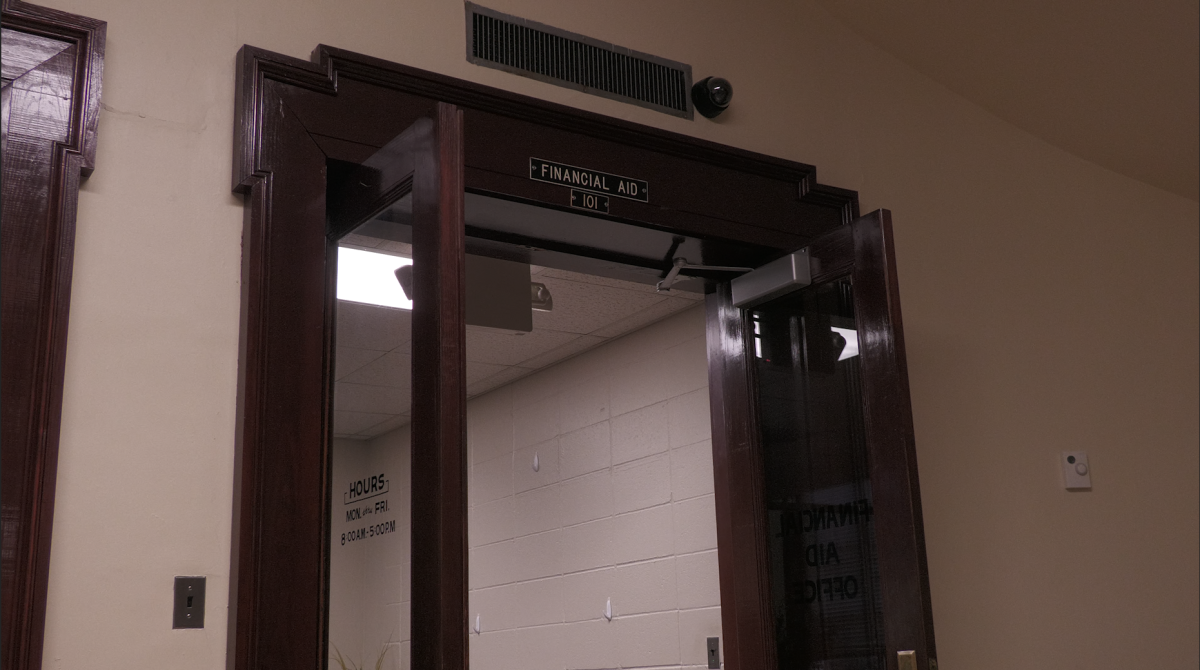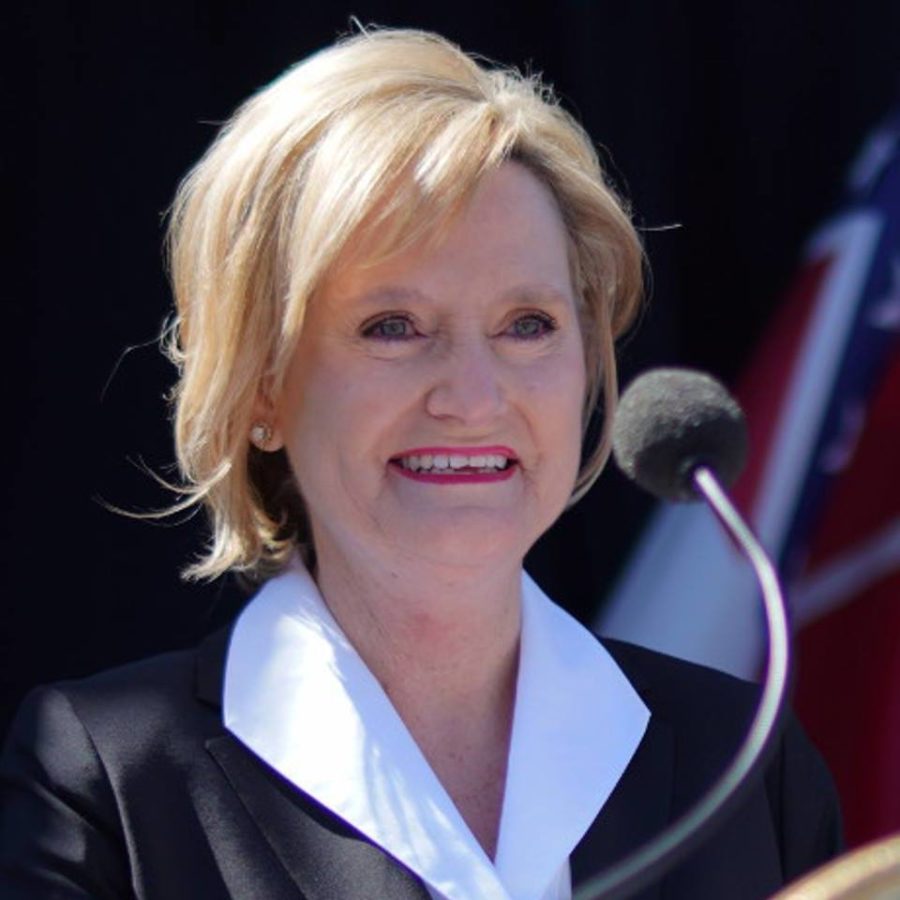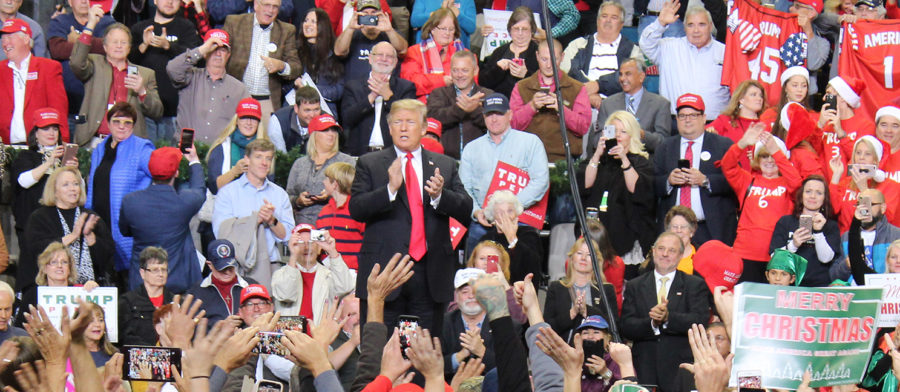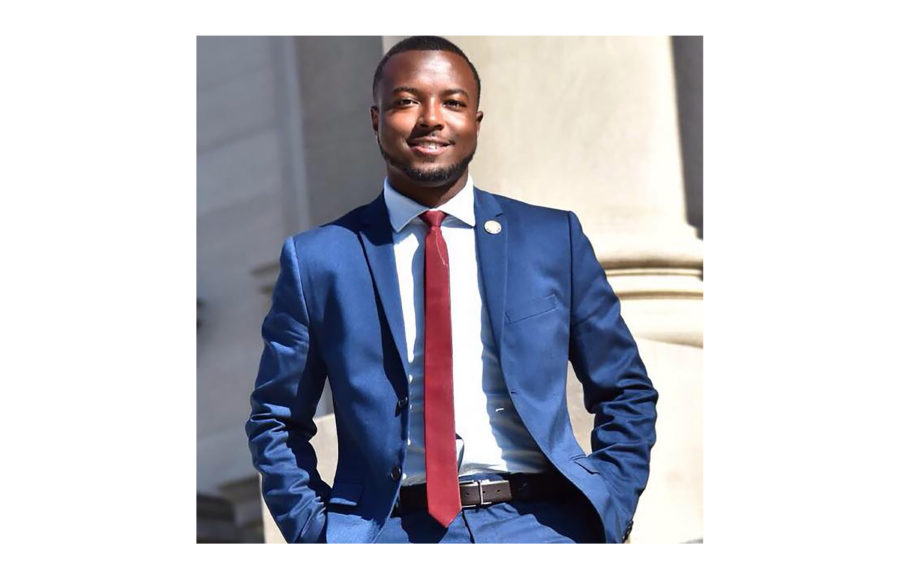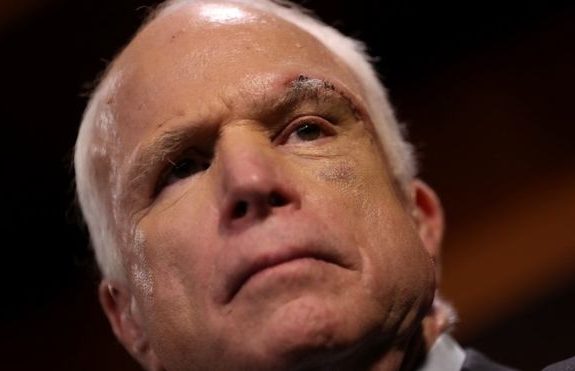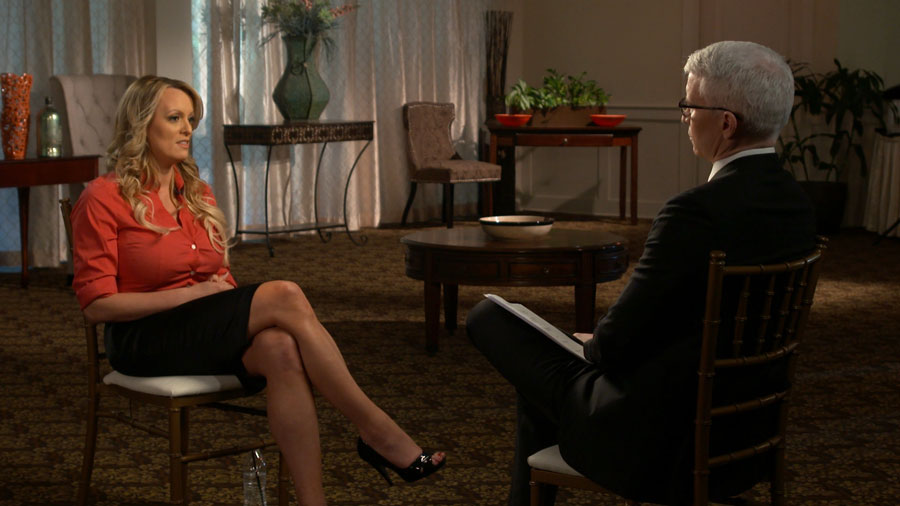The headlines for the last few days have been ablaze all displaying President Obama’s visit to Cuba, the first time a U.S. president has visited since before the Cold War began in 1928. The U.S. is turning over a new leaf with Cuba and Raúl Castro, who took over the presidency after his brother, Fidel Castro, fell ill.
Our nation has had an embargo on the country of Cuba since before a little nuclear incident called the Cuban Missile Crisis, when Russia attempted to stockpile nuclear missiles in silos on the small island about ninety miles away from the U.S. The situation frightened Americans, driving the nation to bring out a blockade of warships to prevent Russian ships from completing their delivery.
Then-president John F. Kennedy oversaw the whole ordeal, with presidents playing musical chairs in and out of the White House and boasting the same anti-communist stance all the way up until Reagan uttered the iconic phrase, “Mr. Gorbachev, tear down that wall.” But what was the Cold War? And why do we as Americans still harbor so much anger and malice toward the countries that were involved?
Let’s start by looking at the countries that were involved. We had Korea, Vietnam, China (albeit sporadically), the U.S., Cuba and possibly more. Why do we know these names? The Vietnam War, the Korean War, the Cuban Missile Crisis and the threat of Red China are all events we remember to this day, and we still have military presences in most of these countries.
The idea at the time was that we were to fight communism wherever it may surface. This strategy worked up until we started to make a peace with them, which helped bring Russia into global politics on a large scale.
Now, Cuba is still not a democracy. They are very much still controlled by a dictatorship, the one Fidel Castro put in place and which his brother is currently running. But he is far more relaxed than his brother was, if one could call it “relaxed.” Just in the last decade, they were able to purchase phones and newer model cars, and the black market there sells just about anything you’re willing to buy.
What is it that America has done with Cuba to help or even interact with our Caribbean neighbor? The answer is an embargo. The Cato Institute said this embargo is an economic, political and social blockade from the U.S. This forced the Cuban government, and by chain of events, their people, to depend on the Russians for oil and trade. Instead of trying to reason with the regime, and open them up to trade and democratic philosophies, we completely blocked them off and sealed them in a box.
This embargo does neither country any good, especially because of a 1998 U.S. Defense Intelligence report that said Cuba is no longer a danger to any countries in the region, including the U.S. The embargo could in theory also penalise other countries who would try to initiate third party trade with Cuba, independent of the U.S.
According to the United Nations, this embargo was largely condemned as a human rights violation on the part of the U.S. and has only hurt the people of their country. It opened the door for their dictators to claim immunity to policy failures that they can directly blame on the embargo and other sanctions the U.S. has put against Cuba, according to the Cato Institute.
This trip from POTUS could be the turning point in these relations, the ability for us as a country to move past one of the biggest nuclear scares of all time. This could show the world that America will no longer hold decades-old grudges that cripple economies and have been decried by every major council, including the United Nations.
Cuban people do not deserve to continue suffering for the choices made more than half a century ago. The U.S. should be working to help the Cuban people to maybe become a full-fledged democracy again. As Julia Cooke, an author who visited Cuba while studying abroad, said in an interview with NPR regarding Cuban and U.S. relations, “I think that’s one really unique thing about Cuba is that contemporary Cuba is very cognizant of how detached politics is from life. It’s second nature to them to say, ‘Your government stinks, but come on in and have a rum with me.’”



